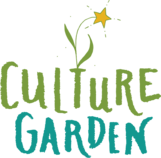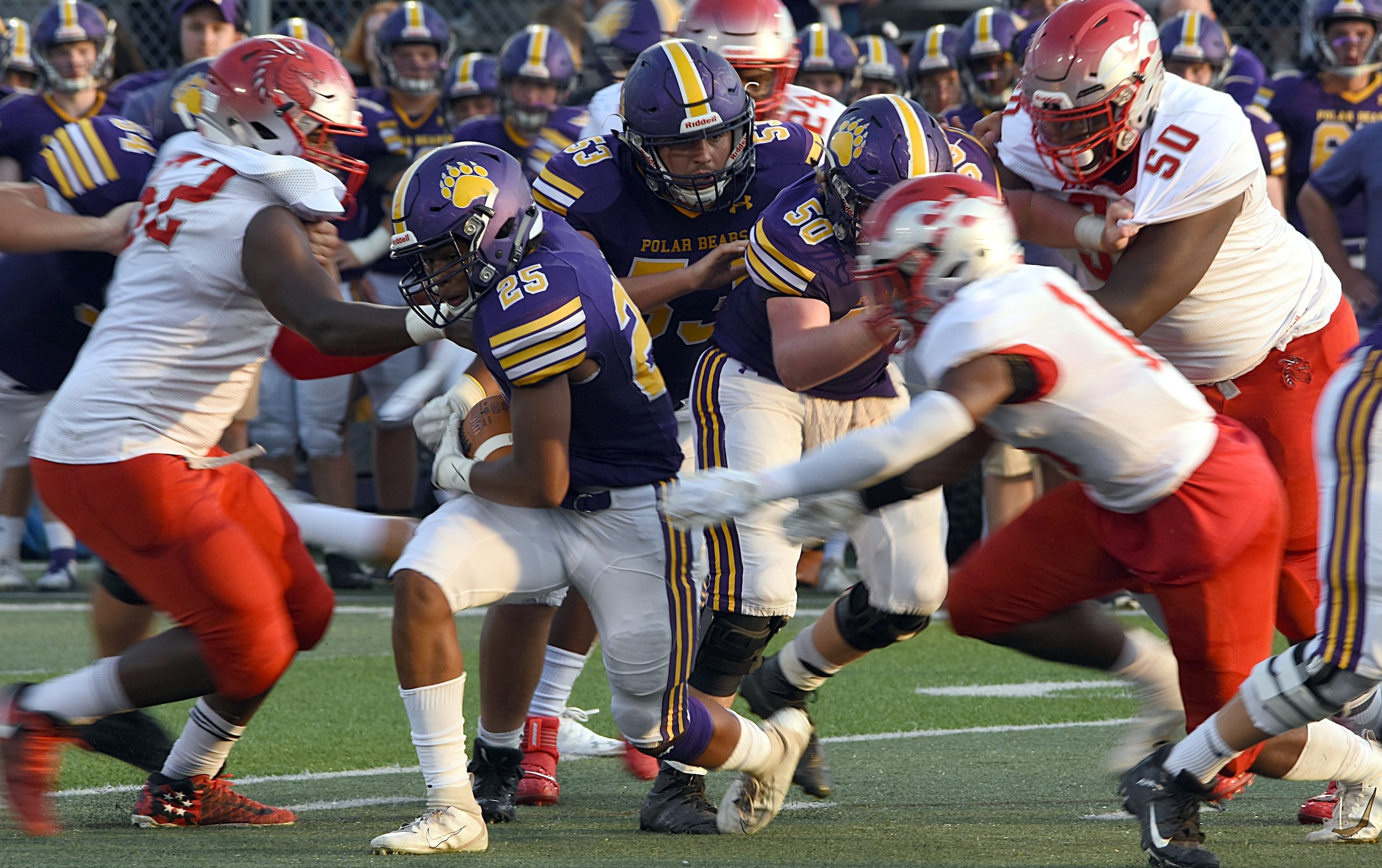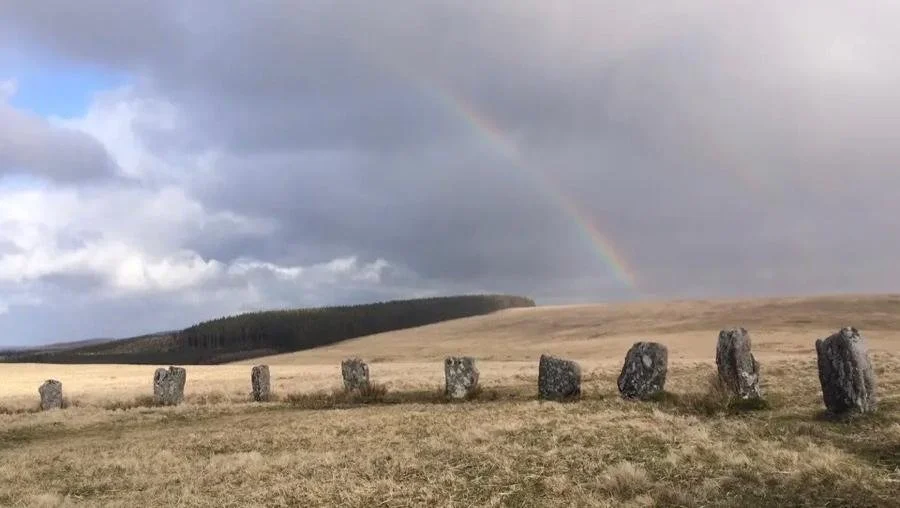How competition is used against us
I love to compete. It drives my inner passions. It fuels me to become a better person. I learned this early — by being a better player on the field. I played American Football for 8 years as a child, where competition was fierce. My coaches were determined to support us little rascals to “win”. Such intensity.
I had great coaches, who often cared more about us boys, then winning … or should I say, they cared more about how we played together & how we learned with each other, before the next game started. And we would slowly improve, with each game. One of the things I will never forget is our head coach speaking to us exhausted boys after a loss, that:
“the score at the end of the game matters less then this week’s practices. Make your practice our focus, and the winning will take care of itself.”
“I started to see that some people think of competition as an end game”
But I started to see that some people think of competition as an end game. To destroy the other, in order to win for yourself. We played teams that were coached to injure other players on the field. I didn’t believe it. The act of injuring someone on purpose, rather than playing better to win, never made sense to me. Besides we were children, heading for the adult age of 18 – who would injure someone, on purpose? I laughed it off, until a new teammate of mine confirmed his experience. He played for an opposing team the year before, and decided to switch teams, because a father of one of the boys on his team had been actively “coaching” the lads to injure the best players by “ aiming for their knees”, and “pinching, grabbing, punching or kicking” in the pile ups when refs couldn’t see them.
We stayed focused on practicing, not injuring others to win. I won 5 championship seasons, in the 8 years I played football. It was the care of the coaches that taught me to compete well, by practicing to our full capacities, and learning to improve through healthy competition.
Whenever I saw someone better than me, I’d befriend them, rather than feeling jealous of them. I knew I had things to learn from them, and that I could better myself. Even in high school, I joined an advanced math class rather than taking a “spare” for more time off – my friends said I was crazy, but I loved math, even though I struggled to understanding its concepts. I knew that just sitting around those who found the advanced concepts “easy”, that I was learning something new — even it is was through osmosis!
“I saw this type of negative competition enter into my professional field, where colleagues would often batter each other with jealously, mis-trust, and backstabbing”
I have always struggled to understand why competition was so fierce — why would men fight each other at night clubs just because “he looked at my girlfriend”. How could injuring someone else make them feel like they were winning? But I started to see this in professional sports, more often than I wanted to admit, because they are just having fun, right? Not really — as slowly, I saw this type of negative competition enter into my professional field, where colleagues would often batter each other with jealously, mis-trust, and backstabbing. My naivety around hurtful competition was exposed, and I started to question how I was sheltered from “real life” — is human existence really all about beating the other down, and survival of the fittest? Is it true, that life really is nasty brutish & short?
Arriving from Canada in 2016, I travelled extensively around the UK seeking answers to how we can better collaborate together for mutual benefit, since I had seen enough suffering from hurtful, dominant style, competition in my travels and in my work (see: Finding My Voice). I was invited to and participated in a wonderful experience of the Masculine & Feminine Reunion Ceremony on Dartmoor-Autumn Equinox. It was exhilarating to see & experience an ancient journey continuing, remembering how to collaborate together – in community. What a joy to feel met in my exploration, and to witness others in circle, on Dartmoor, on this European land, where my ancestral roots came from generations ago. I could feel the Devon community hungry for these deep explorations, the ancient ways of knowing how to collaborate, and not compete, that often feel forgotten.
Photo credit Emma Cunis of Dartmoor’s Daughter
“... how heartbreaking it is to see how competition between men is being used against them, in our current society.”
Soon after, I attended a talk by Pat McCabe and Charles Eisenstein who were holding conversations and courses on the The Co-Creation: Future of the Masculine and the Feminine. But what shook me to my core was what Pat shared to a group of 50 men, over 2 days. It was powerful to witness a large group of men sit and listen in silence to one woman’s experience of the masculine!! Was this even appropriate? Pat wondered that as well, while explaining that she had been called to be there through a vision she’d received to speak to European men — where the colonial hurt was exported to her native land. She expressed how heartbreaking it is to see how competition between men is being used against them, in our current society. She explained that in ancient times, competition was seen as a tool to enable men to find their own special gift so that they will then be able to offer it for their community. When one man wins a completion — the other man is not jealous. He is humbled, and he thanks the man for having such a great gift on offer to the community. The man who “lost”, must continue to compete with other men until he finds his gift — compete with other men, until he “wins”. When he does, the community sees his gifts, and thanks him for brining them, as they needed what he was able to offer in order to survive.
However, the current system is set up for men to endlessly compete. When one gets to the top of the corporate ladder, he is now exposed; everyone wants his job, and will do what it takes to win his job. Nobody wins in this culture of attack. Everyone, eventually loses.
“Healthy competition from our early years is what helped us hone our gifts to offer.”
I could feel a collective sigh of silent relief from the men, and an inner knowing when she expressed this view of competition. It was a strange moment. Silence. Agreement. Relief. This is how I have always understood competition — I just never had it explained so well to me, caught up as I was in witnessing and living, this dominant competitive style in western culture. Healthy competition — for all genders — from our early years is what can hone our gifts to offer, and it supports a co—mentoring, learning as we grow.
Have you found your gift to offer your community through healthy competition?


